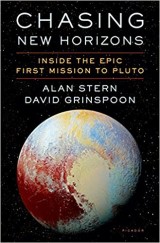 In 2015, the New Horizons Spacecraft flew past Pluto. Because Pluto is so far away, it took nearly 10 years of travel for the spacecraft to reach that distant dwarf planet — and that was after a decade of work to get the spacecraft to the launch pad. Planetary scientists Alan Stern and David Grinspoon have written a new book, called: “Chasing New Horizons: Inside the Epic First Mission to Pluto”. The book tells the story of developing and operating the New Horizon mission.
In 2015, the New Horizons Spacecraft flew past Pluto. Because Pluto is so far away, it took nearly 10 years of travel for the spacecraft to reach that distant dwarf planet — and that was after a decade of work to get the spacecraft to the launch pad. Planetary scientists Alan Stern and David Grinspoon have written a new book, called: “Chasing New Horizons: Inside the Epic First Mission to Pluto”. The book tells the story of developing and operating the New Horizon mission.
How on Earth’s own Joel Parker is also a scientist on the New Horizons mission, and he had a chance to chat with Alan and David about their book. Last week we heard the first part of this interview. In today’s show, we present Part 2 of that interview. You can also listen to the full extended interview.
Host/Producer: Alejandro Soto
Engineer: Chip Grandits
Add’l Contributions/Executive Producer: Joel Parker
Podcast: Play in new window | Download (Duration: 28:38 — 26.2MB)
Subscribe: RSS

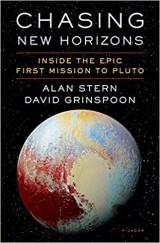


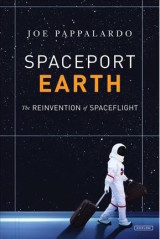
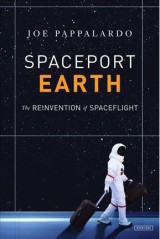
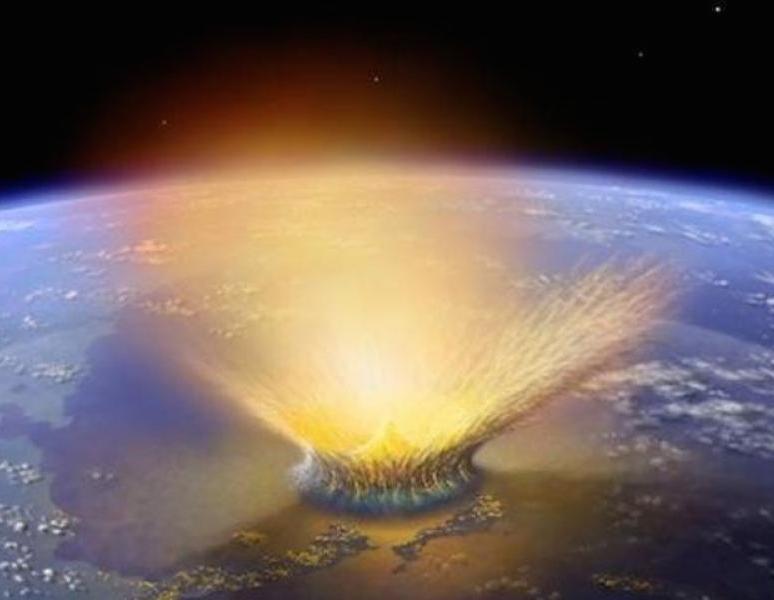
 Climate Change and Extinctions Following an Asteroid Impact (starts at 8:45) It has been hypothesized that the dinosaurs were killed off by a large asteroid that struck the Earth. The details of how the impact of a 10 kilometer diameter asteroid led to global scale extinction have remained elusive. Recently, climate researchers from the Boulder area published new climate model results that show how the asteroid impact ultimately leads to widespread cooling in the atmosphere and increased exposure to ultraviolet radiation. These drastic and rapid changes to the climate due to the asteroid impact may explain the global scale extinction.
Climate Change and Extinctions Following an Asteroid Impact (starts at 8:45) It has been hypothesized that the dinosaurs were killed off by a large asteroid that struck the Earth. The details of how the impact of a 10 kilometer diameter asteroid led to global scale extinction have remained elusive. Recently, climate researchers from the Boulder area published new climate model results that show how the asteroid impact ultimately leads to widespread cooling in the atmosphere and increased exposure to ultraviolet radiation. These drastic and rapid changes to the climate due to the asteroid impact may explain the global scale extinction.

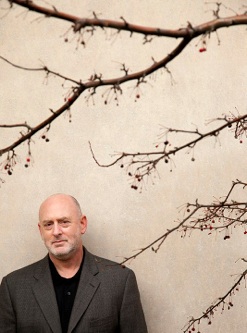
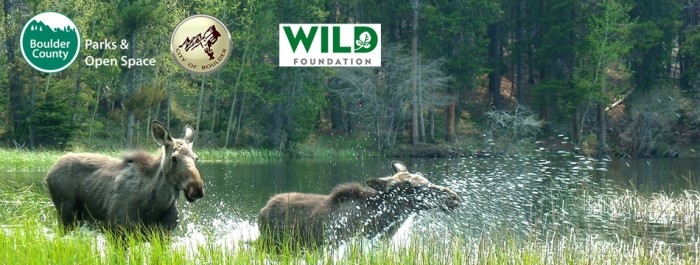

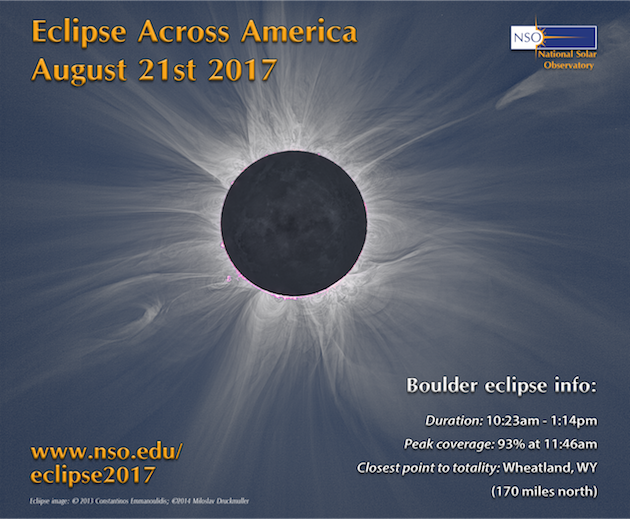
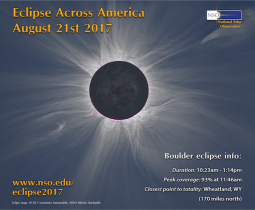
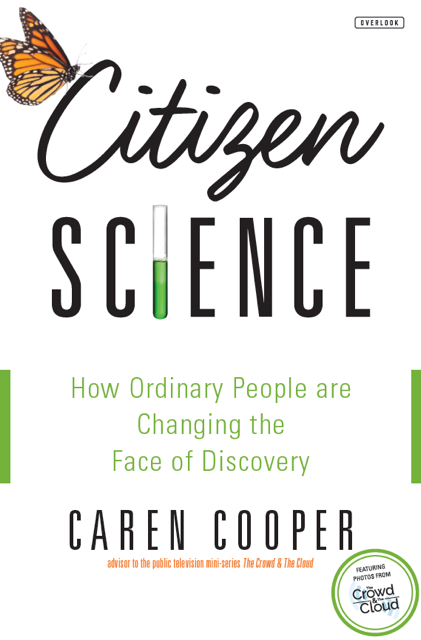
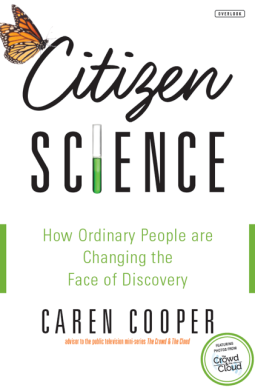 Citizen Science (start time: 5:32): For those who would love to track birds and other creatures or to test drinking water quality in their community, for instance, but think it would require a degree in science to contribute to important scientific discoveries, our guest today aims to set the record straight.
Citizen Science (start time: 5:32): For those who would love to track birds and other creatures or to test drinking water quality in their community, for instance, but think it would require a degree in science to contribute to important scientific discoveries, our guest today aims to set the record straight. 
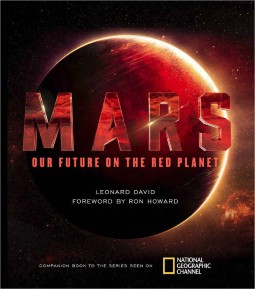
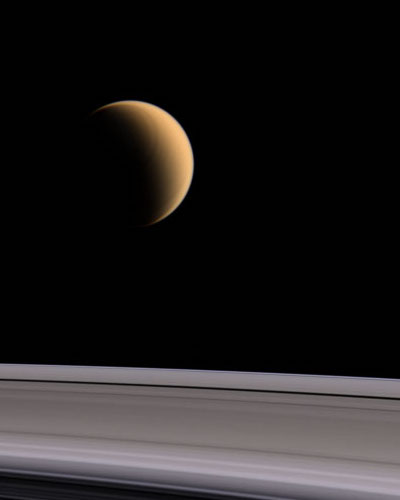


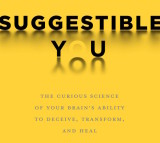 The Science of Suggestibility (start time: 5:00) Scientists are learning more and more about how our expectations and beliefs influence how our bodies, including our neurochemistry, respond to pain and disease. The researchers are discovering that we are very suggestible creatures. But we are not all equally suggestible. Some of us can cure serious ailments even when we’ve knowingly taken a placebo remedy, but others can not. Herein lies a major puzzle that vexes drug manufacturers and medical practitioners. It’s a puzzle that has intrigued
The Science of Suggestibility (start time: 5:00) Scientists are learning more and more about how our expectations and beliefs influence how our bodies, including our neurochemistry, respond to pain and disease. The researchers are discovering that we are very suggestible creatures. But we are not all equally suggestible. Some of us can cure serious ailments even when we’ve knowingly taken a placebo remedy, but others can not. Herein lies a major puzzle that vexes drug manufacturers and medical practitioners. It’s a puzzle that has intrigued